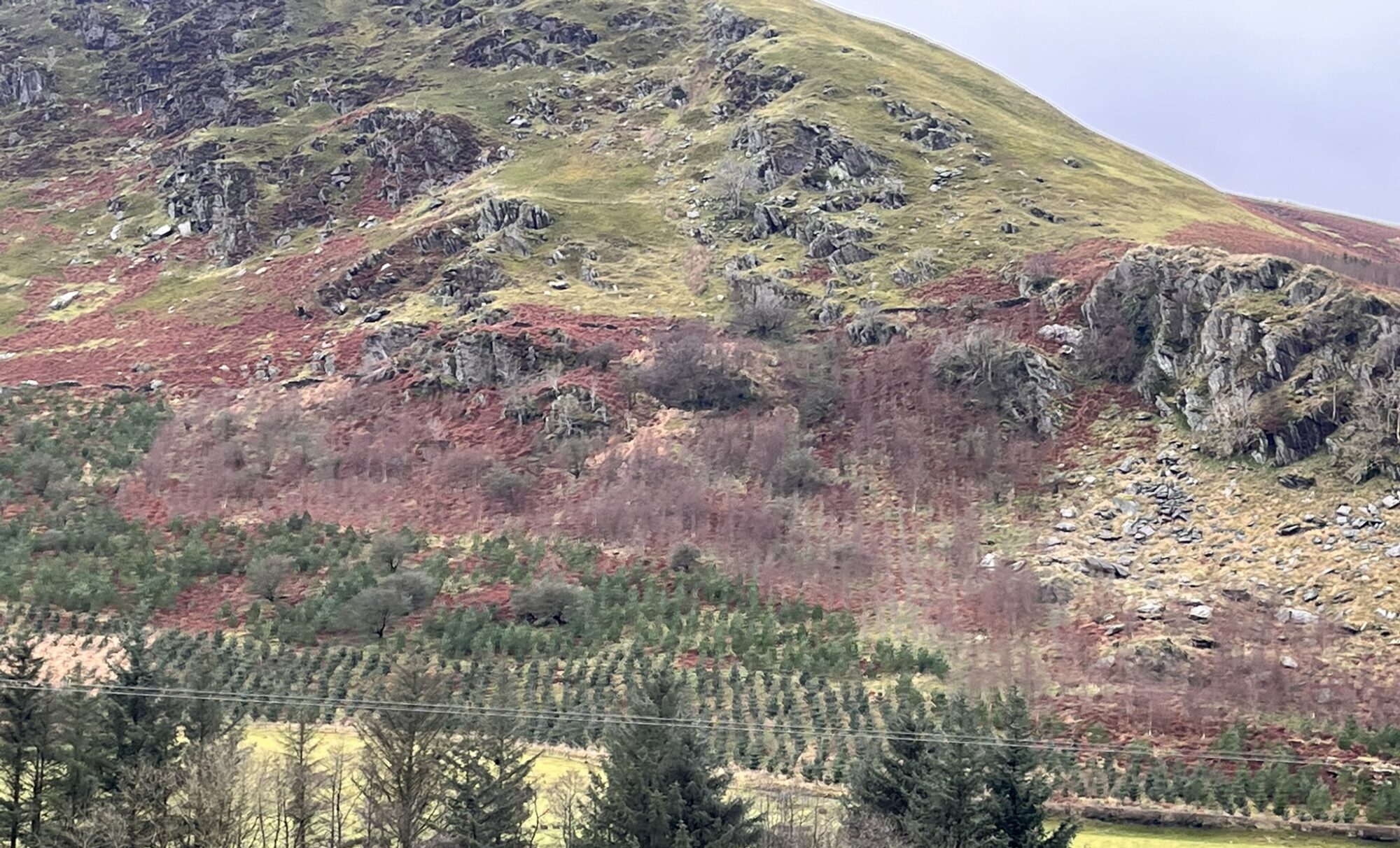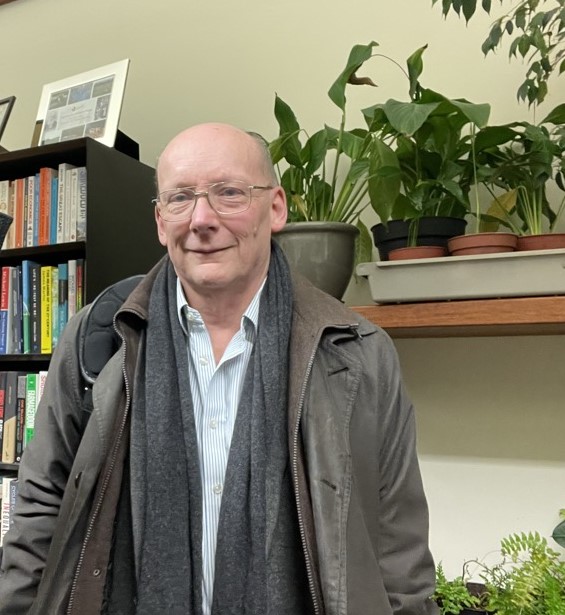In a short two-part conversation with Professor Sir Charles Godfray, Part 1 is about the role of scientists as honest brokers/advocates and scientific research around environmental issues.
Part 2 is about land use, farming, food, sharing/sparing and trade-offs.
This is a lightly edited version from a transcript of a recording from our meeting in Oxford in January 2023 and all the links/refs/pictures are the sole responsibility of myself.
Rob Yorke (RY): How do you see the role of academics and researchers on land, environmental, food, farming issues?
Charles Godfray (CG): I think academics can be valuable in several ways. One is in an honest broker role looking at the evidence in a particular area to sift and summarise the present evidence in as policy neutral way as possible. I think when academics do this, it behoves them to be very clear about not only claiming to be policy neutral, but to really to try and be policy neutral.
Another role of academics is that of an advocate. When academics move into this area, they take their specialist knowledge in their field and mesh it with their own personal worldview alongside their understanding of cognate areas. So, for example a natural scientist, in adopting an advocacy position, might also consider their view of economics as this can add to the quality of the ‘national debate’ about a topic.

RY: Even as the media may selectively quote scientists advocating their views…
CG: It is important for academics to be honest about when they are being advocates, as opposed to objective reviewers of the evidence and do not abuse the authority of science in promoting a particular advocacy role.
Social science’s role
RY: How easy is it for academics to be ‘honest brokers’ when emotion might ‘tempt’ them from viewing hard empirical science with an objective eye?
CG: I think there are two different processes here. The first is sorting out of the science, the fundamentals of trying to work out how nature works. Though some social scientists might say that even this is value-laden as individual scientists bring their own values to this work.
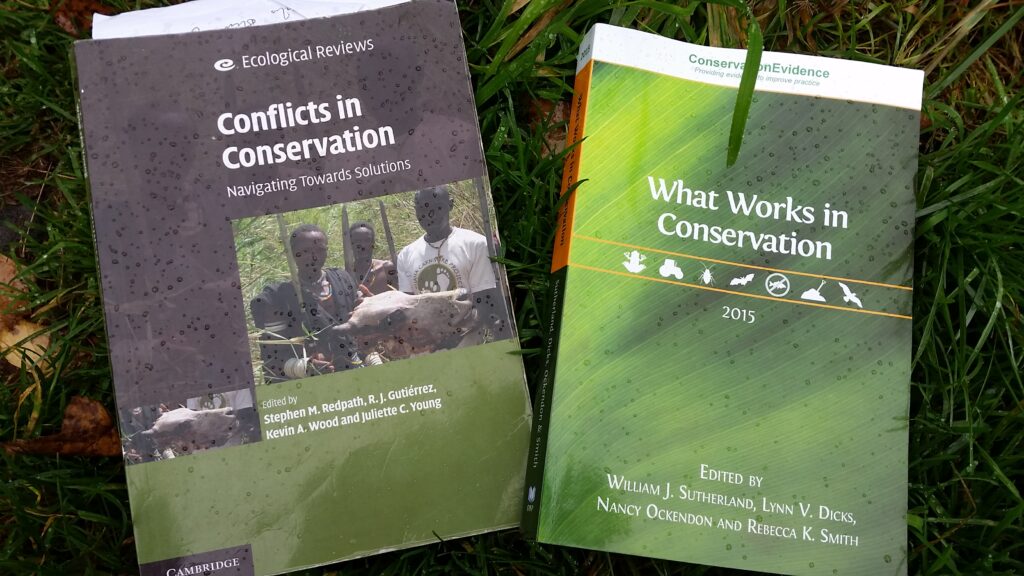
The second one is when scientists feed into policy making which often involves social sciences – which may include a spectrum of economics and political economy – which, when you live in a democracy, are the things that must come together.
RY: Does the phrase ‘follow the science’ sometimes distract from democratic decisions?
CG: I am not keen on the phrase ‘follow the science’. To me, the important thing about those formulating policy is that they do not contradict the science – they do not say ‘black is white’. If the policy is consistent with the science, this enables the same evidence-base seen through the prisms of different worldviews, and taking account of different evidence from the social sciences, to lead to very different policy outcomes.
The role of the scientist is to advise policymakers on the science to enable them to create policy based on a range of evidence within a range of other relevant issues including political worldviews.
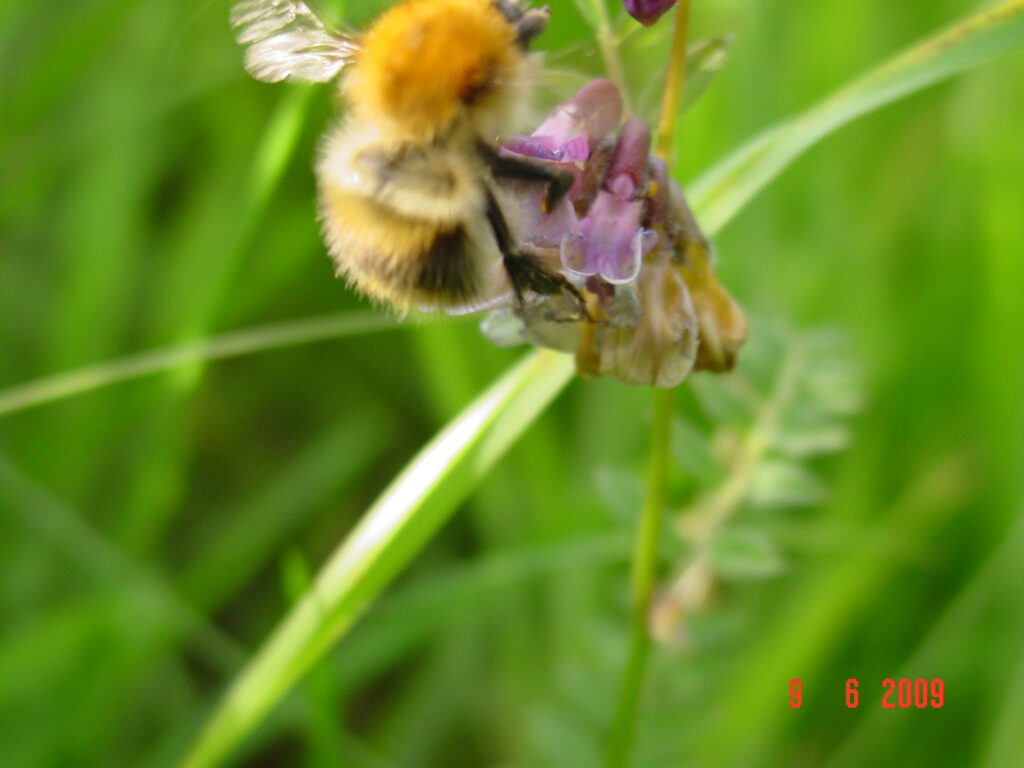
On pollinators and bees: badgers and bTB
RY: You have undertaken a number of restatements on high-profile issues such as bovineTB (BTB) and neonicotinoids. How important are these restatements in expressing the certainty and uncertainty of the science?
CG: Restatements are one way to attempt to do an ‘honest broker’ summary of all the known evidence available to date. The first one we did on bTB involved deliberately getting people in with different advocacy viewpoints. I remember a colleague saying at the start; “This is either going to be tremendous fun or a complete car crash”
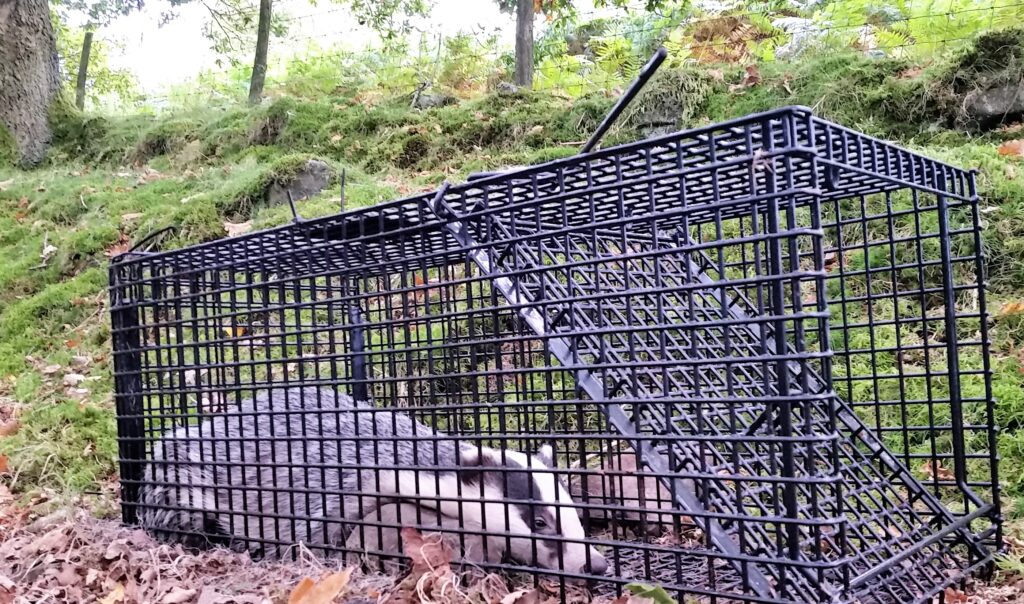
After a rocky start with some participants ‘squaring up,’ they then ‘got it’, by that I mean they got that we were not trying to make policy prescriptions. We were trying to lay out the existing evidence-base, much of it uncertain, and then seek to clarify those levels of uncertainty. As soon as people got the aim of evaluating certainty around what we knew, then it became easier for people, who had different advocacy positions, to work together. [see here for updated bTB report to govt in Aug 2025)
RY: Could restatements be used more often to help society understand environmental issues, incorporating uncertainty and from a range of viewpoints?
CG: Where there is a contentious question of policy relevance, the government can suggest an external expert restatement. They are a lot of work to do, so you only really want to do it in areas which cannot be done by a simpler manner. Restatements can be criticised for not being algorithmic and relying (purely) on expert judgement; which when ten or so people come together, inevitably comes with a spectrum of subjectivity. I think overall the value of restatements is where the independence adds legitimacy to the ‘honest broker’ relevance of the review.
END of Part 1 (part 2 here)
Additional listening and links
- additional listening – BBC Radio 4’s The Life Scientific with Sir Charles Godfray, March 2024
- an online discussion ‘Resetting our relationship with nature in a post-COVID world‘ with Prof Charles Godfray and Prof EJ Milner-Gulland, Sept 2020
- other interviews with Prof Tim Benton, Prof David Hughes and others (incl Gove, Monbiot)
